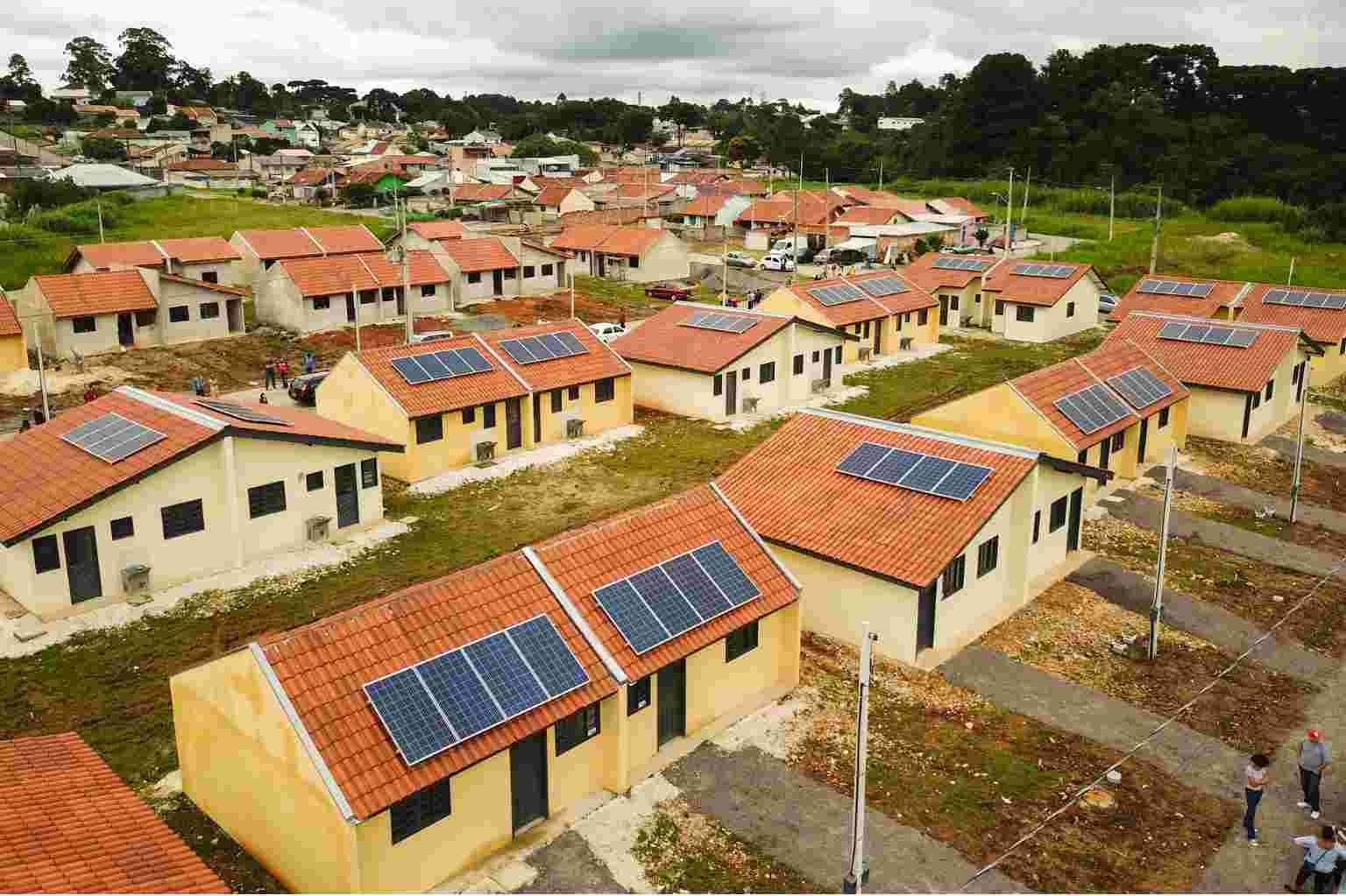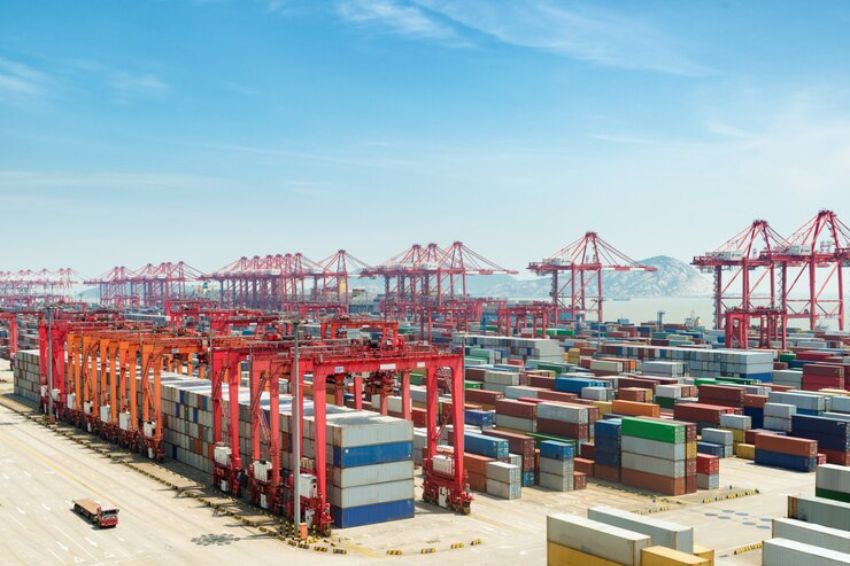Micro and small companies generate 27% of GDP (Gross Domestic Assets) in Brazil, according to recent data from Sebrae. Include this number integrators of the solar energy sector.
The participation of these entrepreneurs represents the spraying of industry centers through the creation of APL's (Local Production Arrangement). This reality in all Brazilian states brings balance to the financial market and healthy local competitiveness, reducing the productive impact. In other words, if any company closes, another will open, contributing to a economic security in the region.
The statements were made by Guilherme Chrispim, president of ABGD (Brazilian Association of Distributed Generation), during the last episode of Papo Solar.
Chrispim related ocexponential growth of DG (distributed generation) by decentralization of large hubs. He highlighted that such a scenario is advantageous as it encourages the local market, contributing to the generation of jobs and income, stabilizing the economy and providing security to the financial sector in that region. “Today, we do not have the dependency on having just one large plant in the DG market. When GD arrives, it shakes the market,” he said.
The executive still uses example the electrical sector itself, such as the Itaipu plant, which centralizes resources, making it impossible to create a broad market. For him, this movement develops a chain action for the sector, generating services to maintain the operation of that plant or installation. “More companies, more people, rotating the local economic chain, and the sky becomes the limit in this cycle”, he adds.
Slowness of the Legal Framework
The president of the Association also pointed out, during the conversation, how the electricity has occupied a space increasingly greater in comparison to other means, which also generate energy, but are seen as old resources. According to Chrispim, the subordination to energy has never been so clear, and he even calls it “hidden obvious”, dependence without knowing it exists.
The discussion led the executive to draw attention to ANEEL (National Electric Energy Agency). The agency missed the deadline to value the benefits of distributed generation and has not yet commented on dates.
“A discussion opens up in a legal legal space between DG companies and the Law, which does not bring benefits and does not fulfill the purpose of creating the Law, which would be legal certainty. We do need to finish at 14,300”, he explains.
The president of ABGD ends by saying that the procedure after completion of standard will be beneficial to the sector, Because the logic remains on the side of companies. Entry into the DG market will still be seen as a good deal, as energy is an essential resource and will not lose space in the sector, maintaining a positive growth, now with the legal power.
“Mobility is coming and coming with great force, not only here but around the world, storage will be for the electrical sector what the smartphone was for telecommunications”, he concludes.














